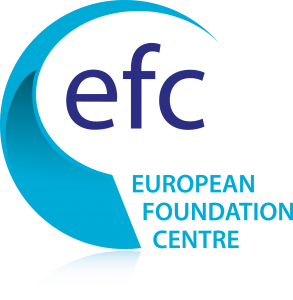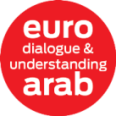“With our ability to think and work in the long term, we can help build the bridges between the generations to ensure that culture is both an asset to be enjoyed in the now and a legacy to be appreciated in the future… Culture matters. It always has, and it always will, in a civil society” Massimo Lapucci[1].
In a study initiated by the European Foundation Centre’s (EFC) Arts and Culture Thematic Network, the EFC recently published a study that aims to provide a mapping of the “panorama of institutional philanthropy in Europe in the area of arts and culture”[2]. The EFC is a leading platform for philanthropy in Europe working to strengthen the sector and promoting it as a means for effecting change. The EFC Arts and Culture Thematic Network provides a platform for like-minded philanthropic representatives to share, discuss, and build knowledge on arts and culture. EFC studied and analyzed data provided by 40 foundations through a survey. The Lutfia Rabbani Foundation is delighted to have been among the respondents contributing to this insightful study.
Among the most prominent findings by the study is the dedication of various foundations and organizations in carrying out activities in the field of arts and culture in addition to doing so through diverse themes and approaches. The report found that a significant percentage of funding by organizations goes to the arts and culture sphere (over 20% of total expenditure). Despite the fact that most of these organizations are primarily operating at a local level, the report found a growing effort among the respondents to build partnerships and support collaborations at an international level. Many of the projects submitted by the respondents are implemented at a local level but aim for wider global reach. Therefore, Lutfia Rabbani’s work is both internationally and locally oriented through working on educational exchange, partnerships, fostering and participating in Euro-Arab dialogue, as well as cultural, arts, and intellectual exchange. It is also for this reason that the report found the Netherlands to be one of the countries where respondents tend to work more internationally than locally.
According to the collected data, the thematic focus shows that organizations working on arts and culture are also active in the fields of education; philanthropy and volunteerism; inclusion and integration; and research and science. Thus, as the report mentions, targeted audience/partners include “different audiences who are best placed to foster Euro-Arab dialogue; collectors; gallerists; museum specialists; civil society organizations; cultural organizations; cultural leaders; policymakers;[3]” academics, universities, and many more. The Lutfia Rabbani Foundation looks forward to continuing to engage with the EFC and contribute to the fostering of cultural exchange and building bridges between Europe and the Arab world.
[1] http://efc.issuelab.org/resource/arts-and-culture-at-the-core-of-philanthropy.html
[2] http://efc.issuelab.org/resource/arts-and-culture-at-the-core-of-philanthropy.html
[3] http://efc.issuelab.org/resource/arts-and-culture-at-the-core-of-philanthropy.html


